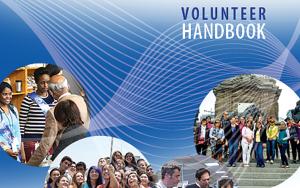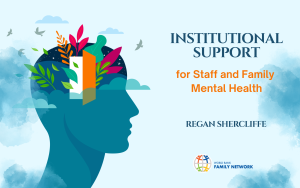Domestic Abuse Tips - The safety plan
Leaving an abusive situation is an extremely difficult step to take, for many reasons.
- The victim may have hopes of saving the relationship
- There may be significant cultural pressures to keep her/him in the relationship
- She/he may not wish to disrupt the children’s lives further.
However, once a situation has become abusive, the potential for future, more serious abuse exists.
Documenting evidence of abuse is extremely important. Here are some steps victims can take.
- Keep a journal, recording information about the dates, what happened and who witnessed it. Keep the journal in a safe place
- Take photos of injuries or property damage, and put your name and date on the photograph
- Keep track of all court related documents, such as protection orders and keep them in a safe place
- If you think there is a chance of verbal abuse, threats or assaults, keep a voice activated recorder with you.
- Screen your phone calls and save those in which the abuser is threatening or harassing.
Preparing for the possibility of future abusive incidents
- Remove all dangerous weapons from the home
- Even if you hope the relationship can be mended, tell someone you trust what is going on, and that the situation may become violent. If you don’t tell family and friends, you may be putting yourself in greater danger
- Ask a neighbor you trust to call the police if they hear loud noises or the sound of fighting from your home. Think of a code word that will let them know that you need help, and tell your friend what to do if they hear that phrase (e.g. call the police, take the children away etc.)
- Think of code words to use with your children and family when you need help. Teach your children when and how to use the telephone to contact the police or fire department. Make sure your children know their address and telephone number.
- Decide on safe places to go if the abuser becomes violent and you must leave.
- Leave a bag containing clothing and basic necessities with a friend, in case you have to leave suddenly.
- Leave important documents, such as passports, with someone your trust.
- Inform school administrators of the situation, for your child’s safety as well as your own.
Here is a list of items a victim should assemble before leaving
- Driver’s license, car registration and other picture identification.
- All important phone numbers.
- Birth certificates, your own and your children’s
- Money, ATM cards or credit cards
- Lease, rental agreement or house deed.
- Bank books and check books
- Medical records
- Social security cards, if the victim or the children have them
- School and immunization records
- Work permit
- Green card, if applicable
- Passports, victims and children’s
- Jewelry
- Children’s toys
Whatever happens, you must keep one thing in mind—your abuser has absolutely no right to harm you. If you need help, or would like to talk to someone about your situation, call Dr. Helene
King at the Family Consultation Service, 202-628-5104. There is no charge for her service.






